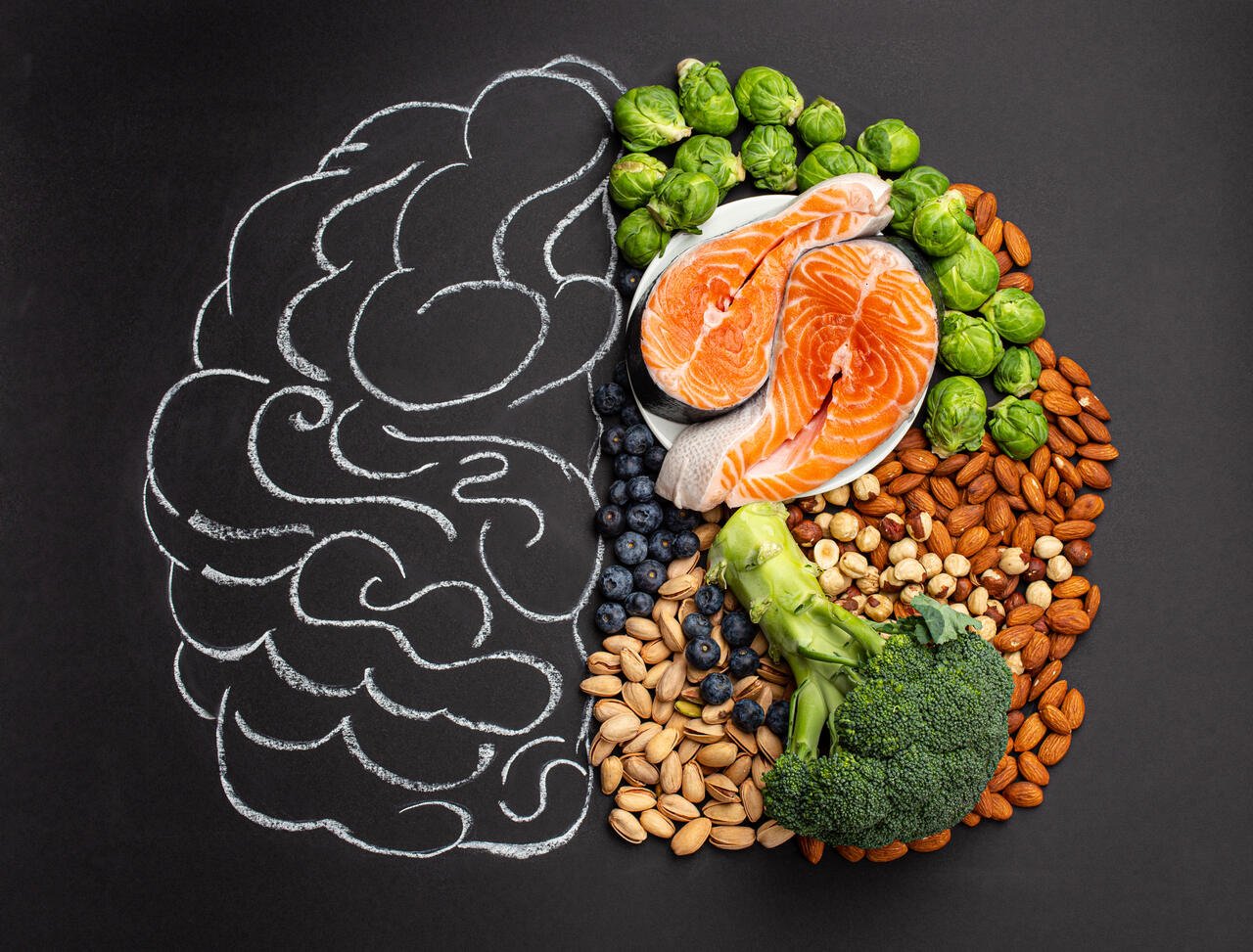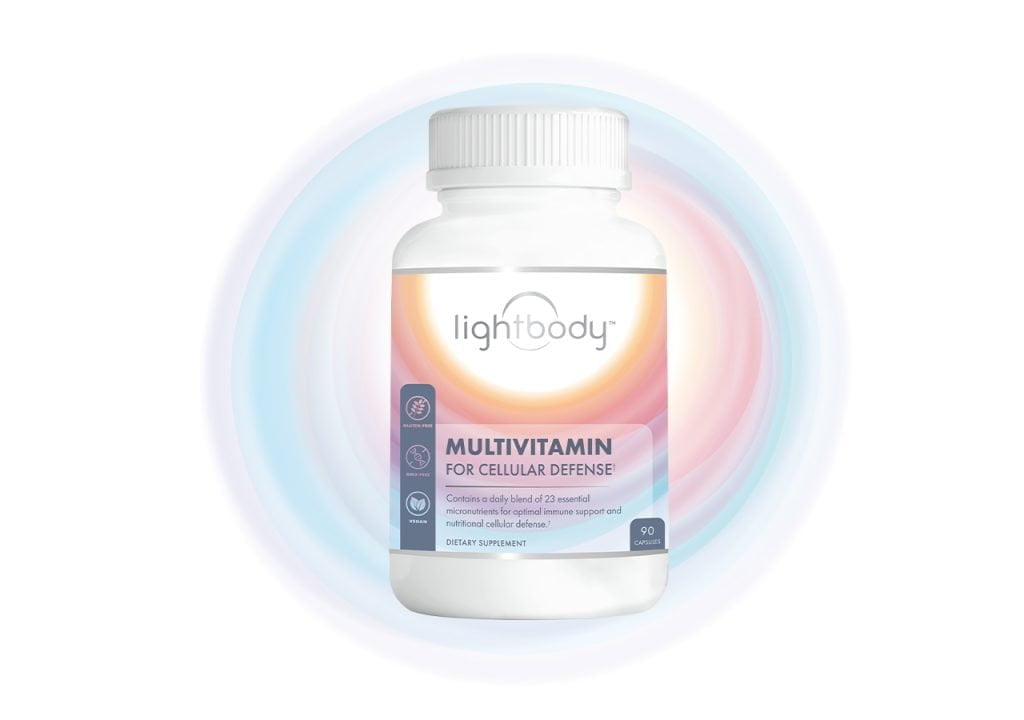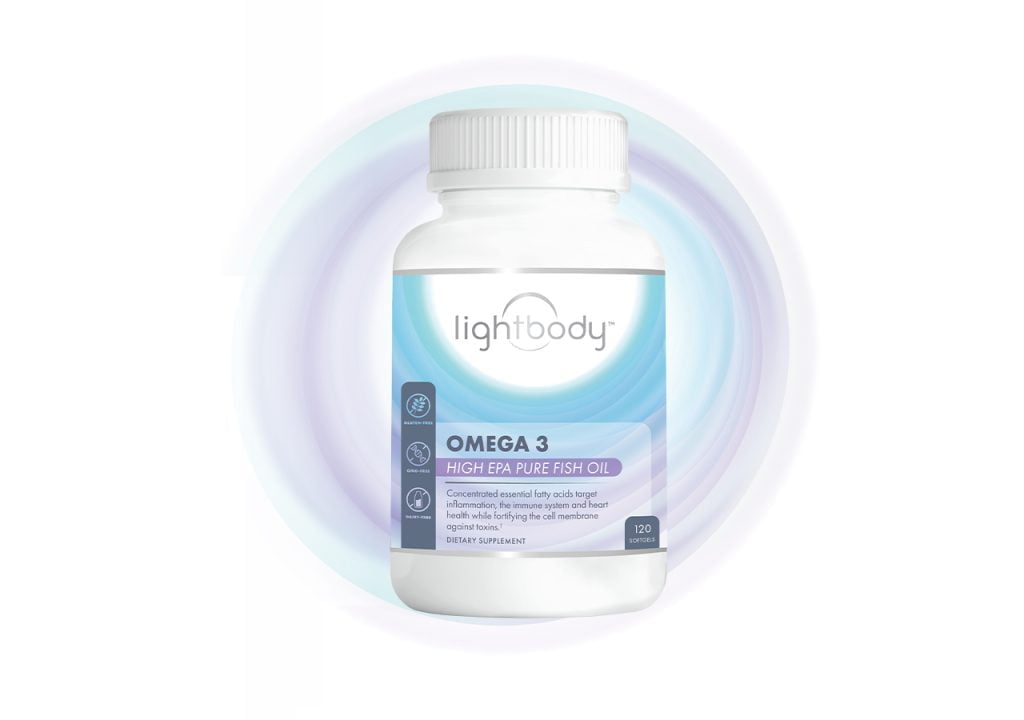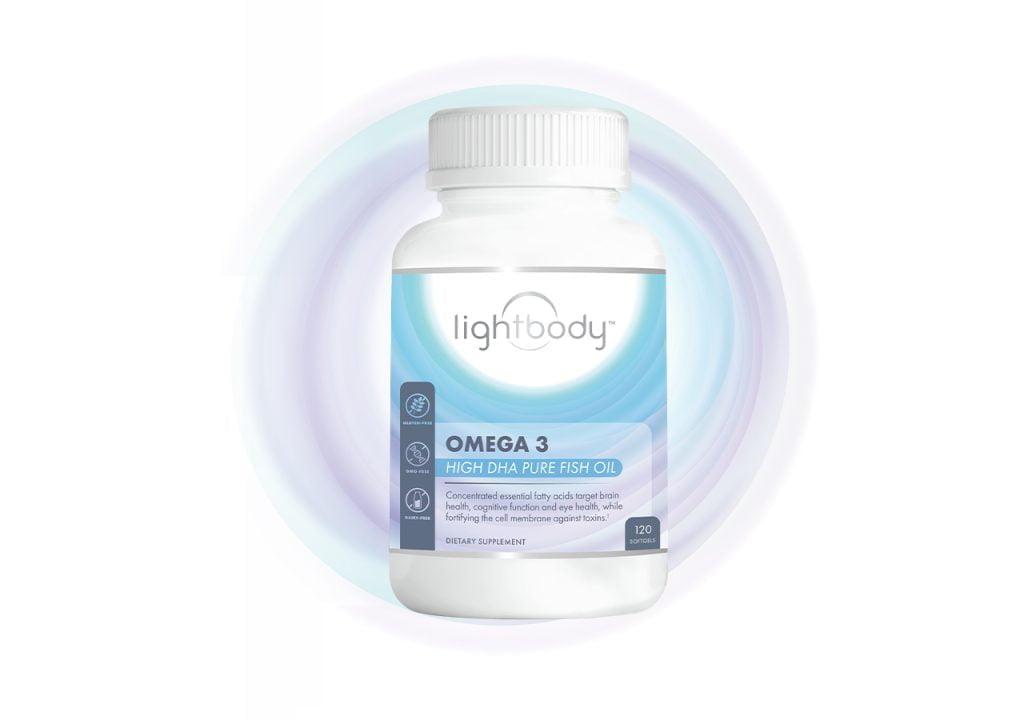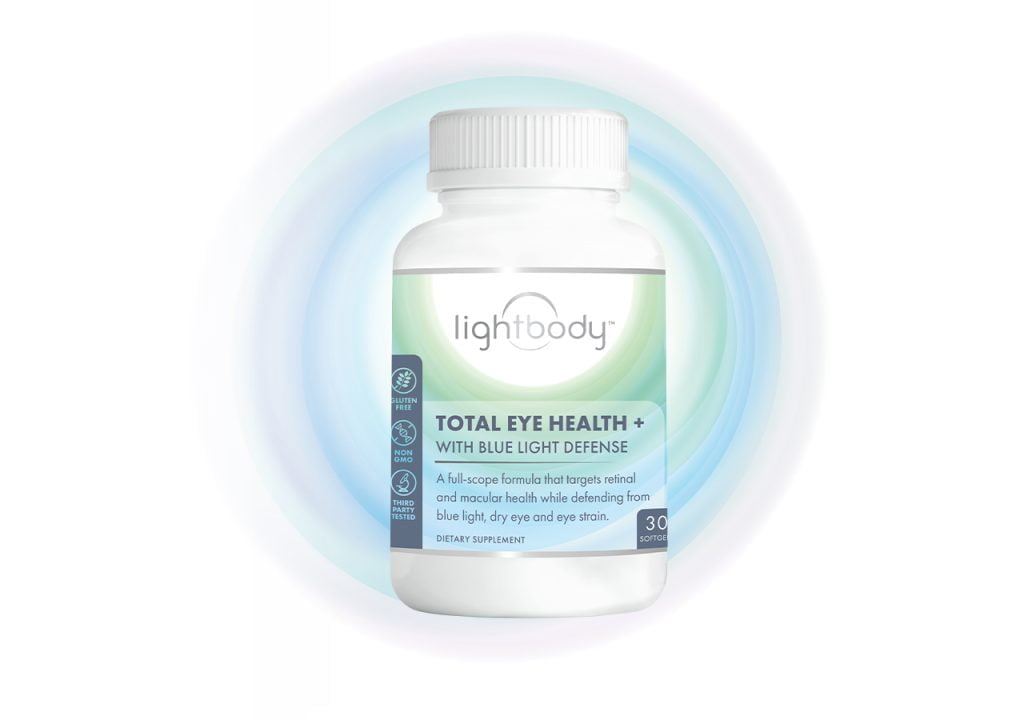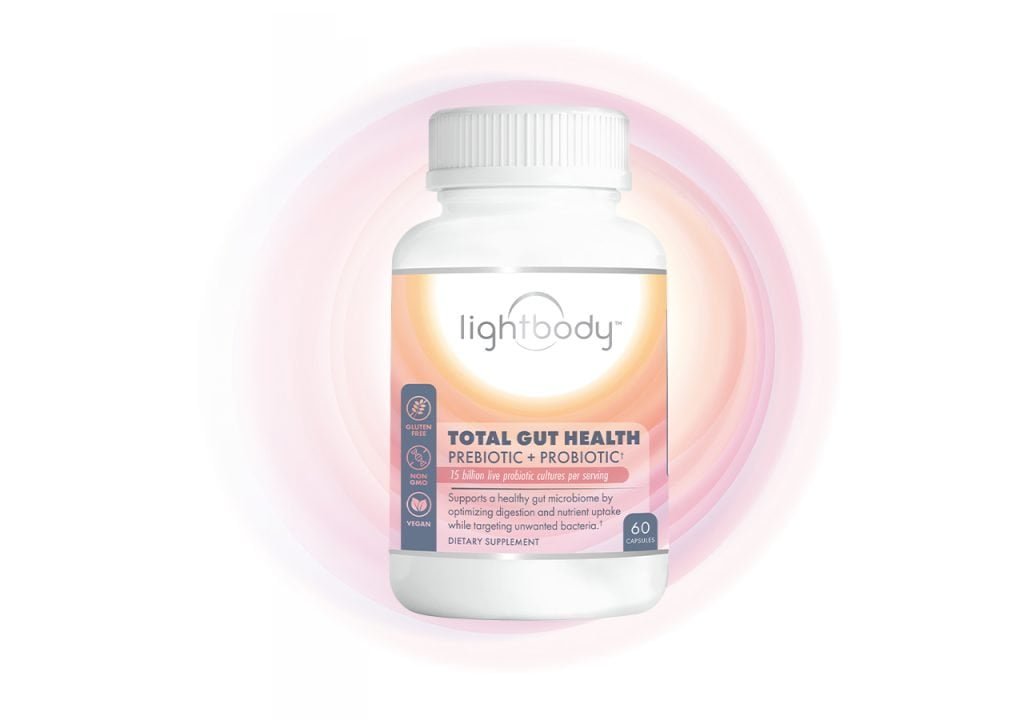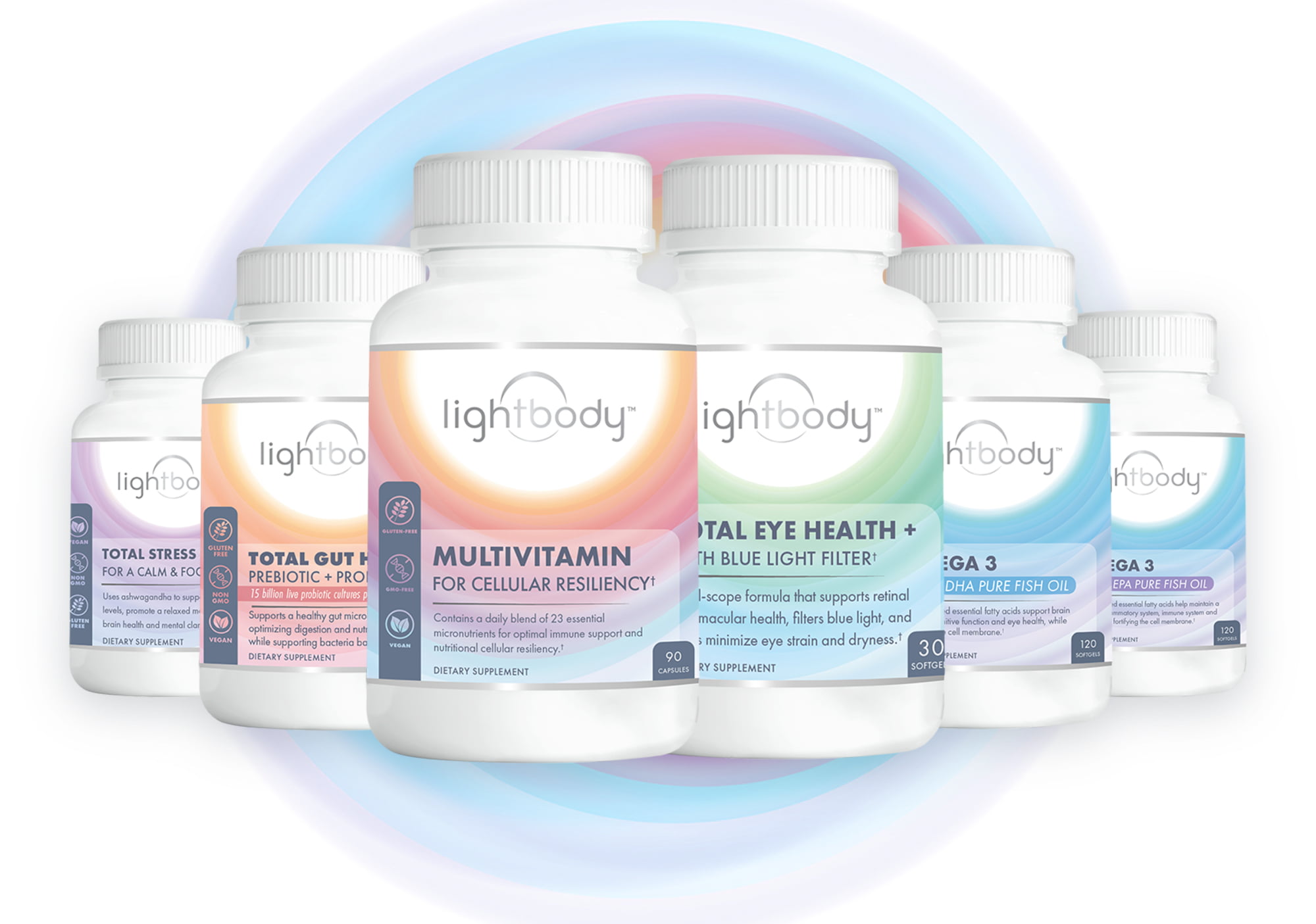Key takeaways:
- When discussing the link between nutrition and mental health, it’s important to consider the gut-brain connection. It is a complex network of communication between the gastrointestinal system and the central nervous system, highlighting the profound influence of gut health on mental well-being.
- Specific nutrients, including omega-3 fatty acids, B vitamins, antioxidants, magnesium, and amino acids, play vital roles in supporting mental health and can be obtained through a well-balanced diet.
- Dietary patterns, such as the Western diet high in processed foods and sugar, can increase the risk of mental health issues, while healthier diets like the Mediterranean diet can promote better mental well-being. Additionally, maintaining a balanced gut through probiotics and prebiotics is essential for mental health.
In today’s fast-paced world, we often focus on our physical health, hitting the gym, or following the latest diet trends. However, what we often forget is that mental health is just as crucial as physical health. Our minds need nourishment, too, and nutrition plays a pivotal role in supporting our mental well-being.
In this blog, we will delve into the profound connection between nutrition and mental health, exploring how the food we eat can influence our mood, cognition, and overall mental well-being.
In this article, you’ll learn about:
- The Gut-Brain Connection: The Importance of Your Gut Microbiome
- Key Nutrients for Mental Well-Being
- Brain Food: Your Diet and Mental Health
- Mindful Eating
- Conclusion: Does Good Nutrition Affect Mental Health?
The Gut-Brain Connection: The Importance of Your Gut Microbiome
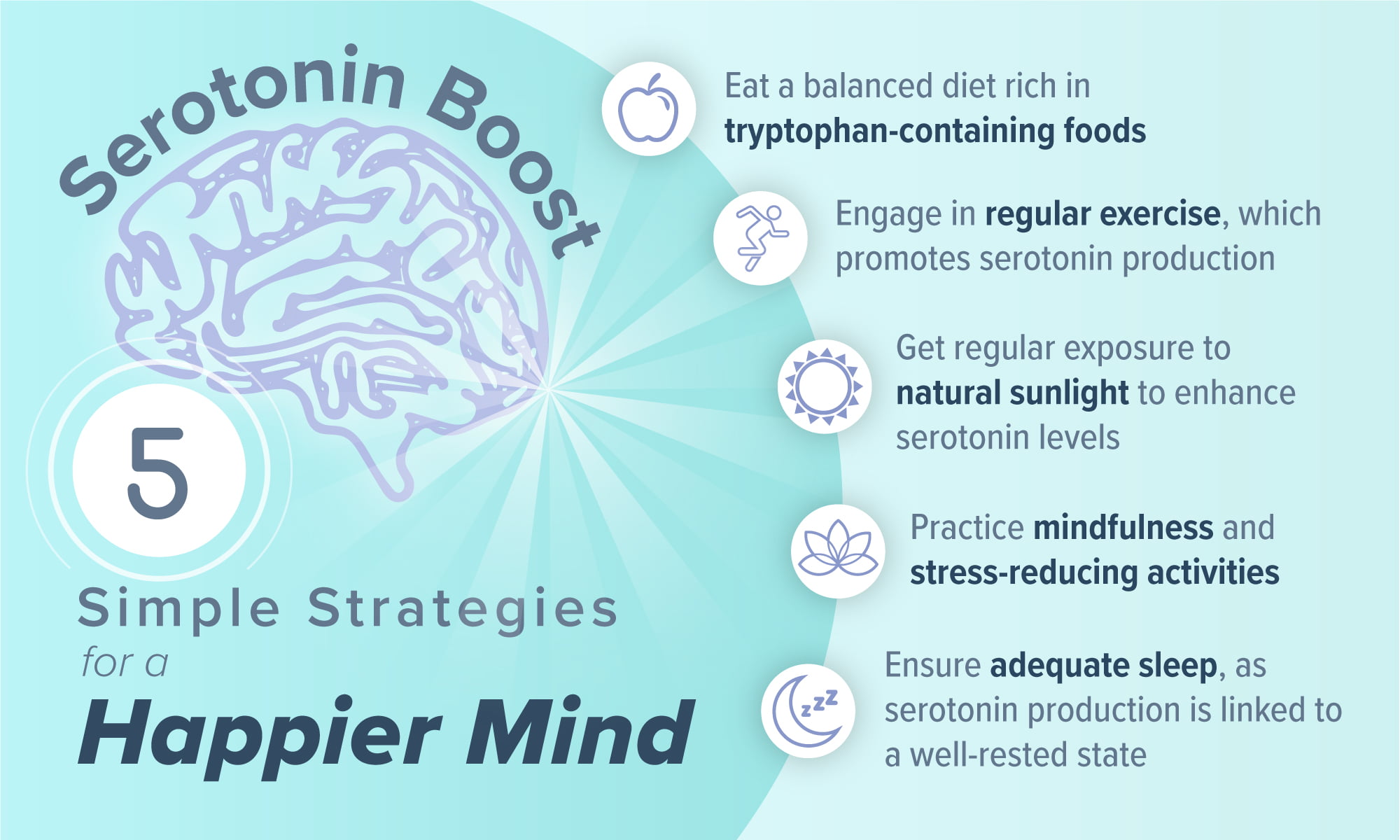
To understand how nutrition and mental health are related, we must first explore the intricate relationship between our gut and our brain. This connection, often referred to as the “gut-brain axis,” is a complex network of communication between the gastrointestinal system and the central nervous system. Emerging research has shown that the health of your gut can significantly impact your mental well-being.
The gut is home to trillions of microorganisms, collectively known as the microbiome. These microorganisms play a vital role in digesting food, producing essential nutrients, and protecting against harmful pathogens. Within the microbiome, the gut produces neurotransmitters like serotonin, often referred to as the “feel-good” hormone.
Serotonin is a key player in regulating mood, and imbalances have been linked to conditions such as depression and anxiety. Certain gut bacteria are involved in serotonin production, highlighting the importance of a balanced microbiome for mental health.
Moreover, the gut-brain connection isn’t a one-way street: it’s a dynamic relationship. Stress and emotions can affect gut health, leading to symptoms like irritable bowel syndrome (IBS). Thus, nurturing your gut through proper nutrition becomes crucial for maintaining a balanced mood and managing stress.
Key Nutrients for Mental Well-Being
Now that we understand the gut-brain connection, let’s explore some specific nutrients that play a pivotal role in supporting mental health:
- Omega-3 Fatty Acids: These essential fats, found in fatty fish like salmon and walnuts, are known for their anti-inflammatory properties. Omega-3s help protect brain cells and support neurotransmitter function, potentially reducing the risk of depression and cognitive decline.
- B Vitamins: B vitamins, particularly B6, B9 (folate), and B12, are essential for brain health. They help produce neurotransmitters, regulate mood, and support cognitive function. Leafy greens, beans, and lean meats are excellent sources of B vitamins.
- Antioxidants: Antioxidants like vitamin C and E help combat oxidative stress, which can contribute to mental health disorders. Foods rich in antioxidants include berries, citrus fruits, and nuts.
- Magnesium: This mineral plays a vital role in nerve function and mood regulation. A deficiency in magnesium has been linked to symptoms of anxiety and depression. Foods like spinach, nuts, and whole grains are magnesium-rich choices.
- Amino Acids: Amino acids are the building blocks of proteins, and some, like tryptophan and tyrosine, are precursors to neurotransmitters. Incorporating protein-rich foods like lean meats, dairy, and legumes can support neurotransmitter production.
Brain Food: Your Diet and Mental Health
How are diet and mental health liked? Well, there is a key relationship between diet and mental health. Our dietary patterns can either support or undermine our mental well-being. Here are some important considerations:
- The Western Diet: High in processed foods, sugar, and unhealthy fats, the Western diet has been associated with an increased risk of mental health issues, including depression and anxiety—especially among teenagers and adolescents. This diet can disrupt the gut microbiome, promote inflammation, and lead to nutrient deficiencies.
- Mediterranean Diet: In contrast, the Mediterranean diet, rich in fruits, vegetables, whole grains, fish, and healthy fats like olive oil, has been linked to a lower risk of depression and cognitive decline. This diet supports gut health, reduces inflammation, and provides essential nutrients for mental well-being.
- Sugar and Mood: Excessive sugar consumption can lead to rapid fluctuations in blood sugar levels, impacting mood and energy. Reducing sugar intake and opting for complex carbohydrates can help stabilize blood sugar and support a more stable mood. Complex carbs include sweet potatoes, whole grains, brown rice, and fruit among others.
- The Gut-Brain Balance: Maintaining a balanced gut microbiome is key to mental health. Consuming probiotic-rich foods like yogurt, kefir, and sauerkraut, along with prebiotic foods like garlic and onions, can support a healthy gut. And if you aren’t consuming enough gut-balancing foods, consider a gut health supplement.
Mindful Eating
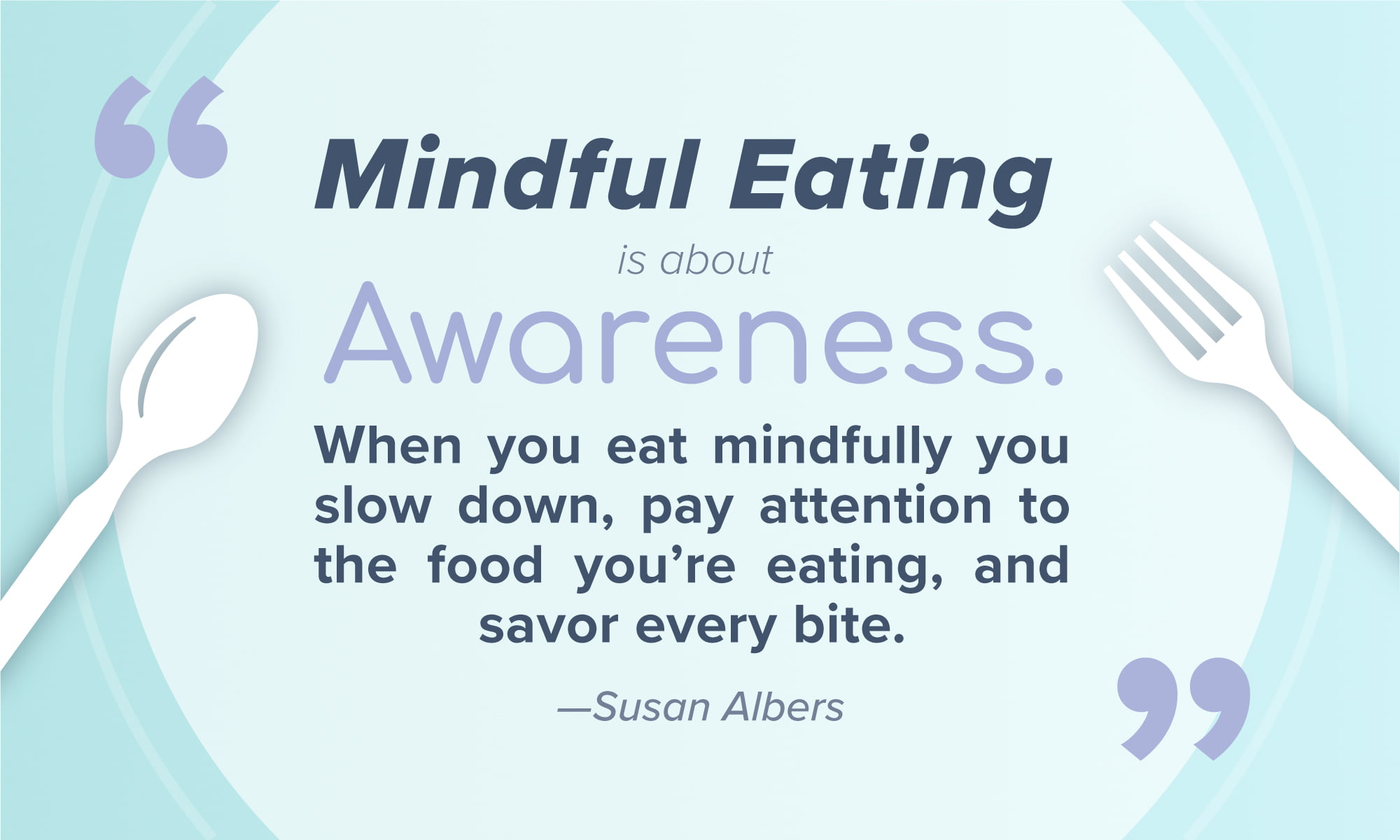
In the realm of nutrition and mental health, mindful eating emerges as a valuable practice. This approach helps to focus on how you feel when eating and what you eat, encouraging a connection with the food we consume and the impact it has on our emotional health.
By adopting this intentional, non-judgmental approach, we become more in touch with our body’s hunger cues and fullness signals. This newfound awareness not only helps in making healthier food choices but also in preventing overeating, thus contributing to a more harmonious relationship with food.
Ultimately, mindful eating is a holistic journey towards nurturing our mental health, ensuring that what we eat not only nourishes our bodies but also supports our emotional and psychological well-being.
Conclusion: Does Good Nutrition Affect Mental Health?
Nutrition plays a pivotal role in supporting our mental health through the intricate gut-brain connection. The food we eat can influence our mood, cognition, and overall well-being. While there is not just one specific diet for mental health, to nourish our minds effectively, we must prioritize a balanced diet rich in essential nutrients while avoiding harmful dietary patterns. A healthy diet can contribute to a healthy mind.
FAQs: Nutrition and Mental Health Questions
Nutrition plays a crucial role in mental health by influencing neurotransmitter production, regulating mood, and supporting overall brain function.
Five primary nutrients impacting mental health include omega-3 fatty acids, B vitamins, antioxidants, magnesium, and amino acids.
Nutrition significantly affects mental development by providing essential nutrients for cognitive function and supporting the growth and maintenance of the brain.
Nutrition significantly influences the brain by providing necessary nutrients for neural function, cognitive enhancement, and protection against oxidative stress.
The link between nutrition and anxiety involves the influence of certain nutrients on neurotransmitter regulation, hormone balance, and the gut-brain axis, highlighting the importance of a well-balanced diet in managing anxiety.
